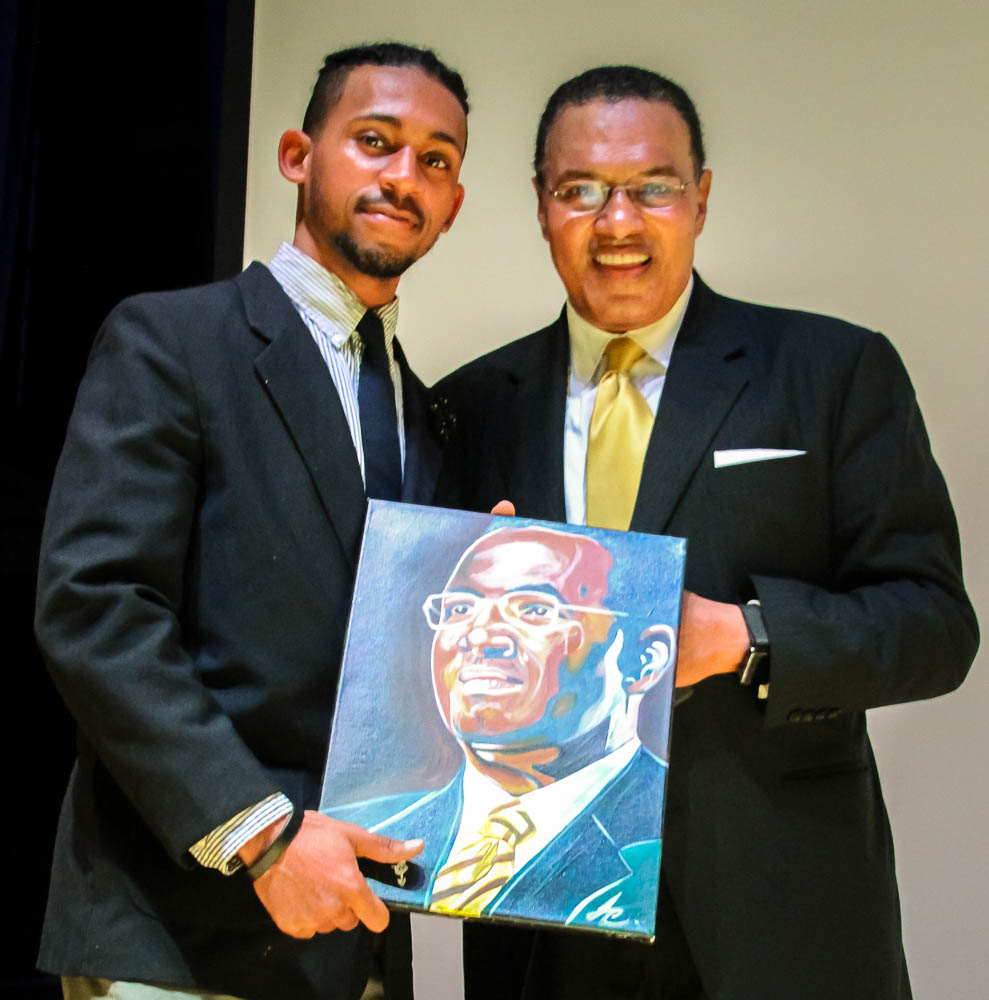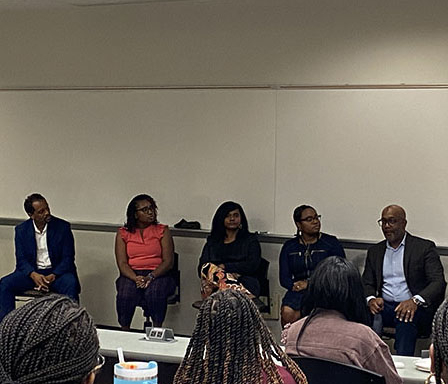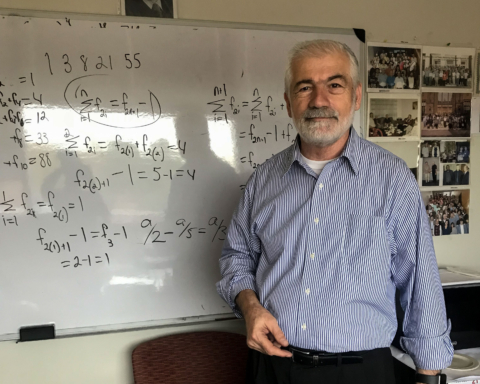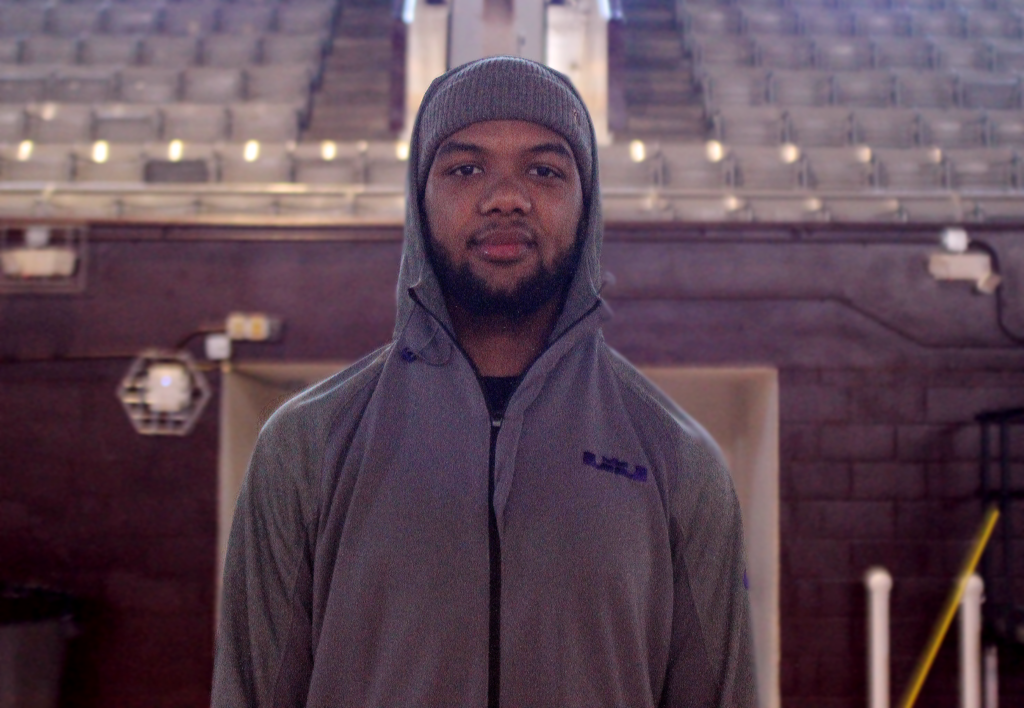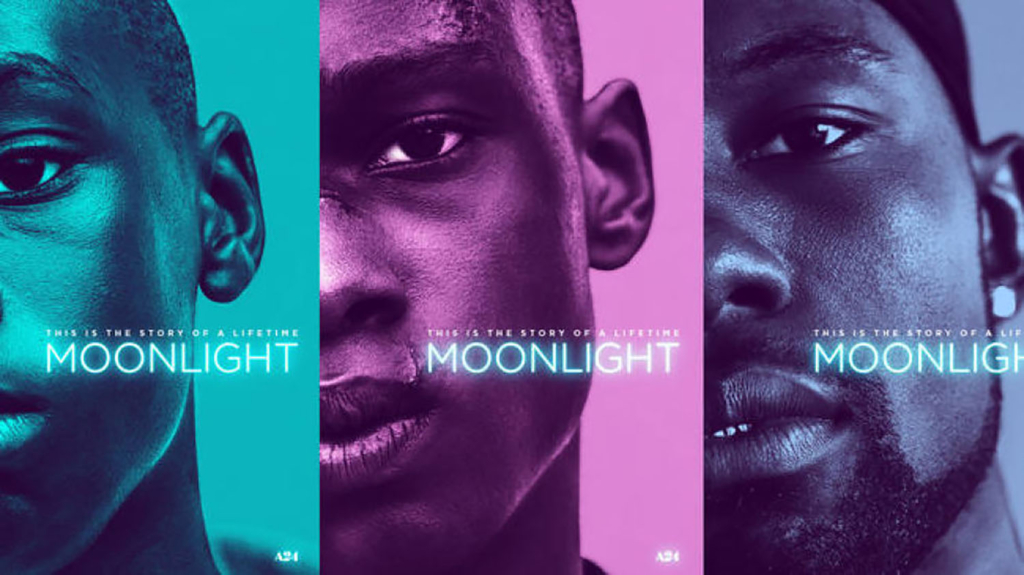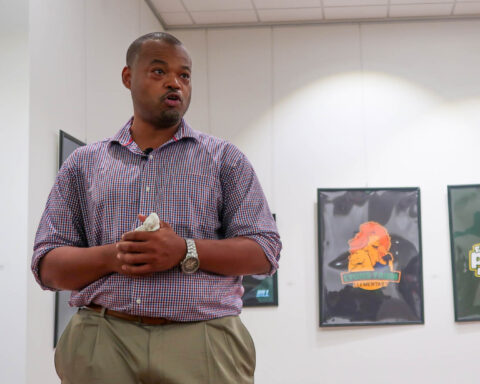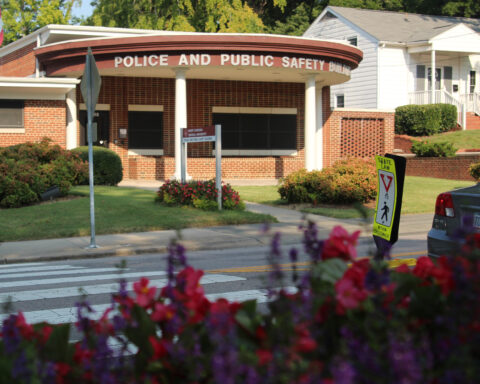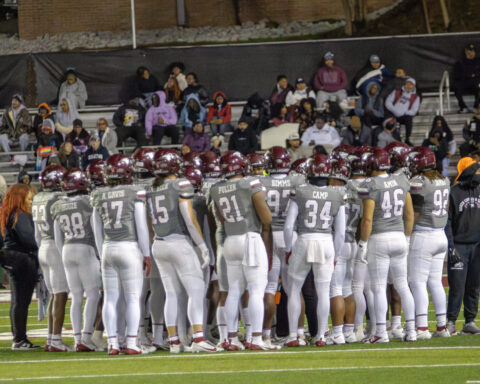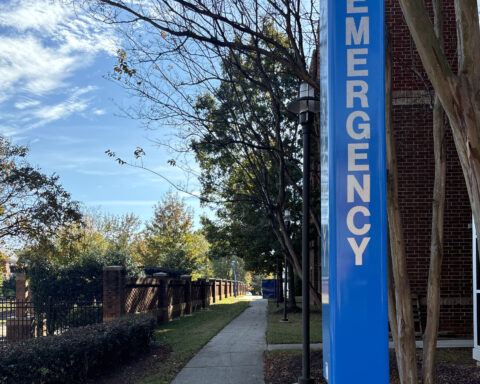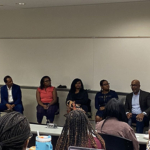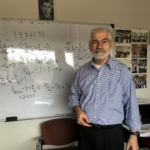At the first “Roc the Mic” lecture series for the spring semester, N.C. Central University celebrated the legacy of Martin Luther King Jr. with Freeman Hrabowski: educator, civil rights activist and STEM advocate, who lived the era of the civil rights revolution.
STEM is an acronym for science, technology, engineering and mathematics. The series was held in the B.N. Duke auditorium, Jan. 17.
Hrabowski was the key note speaker delivering a powerful message in honor of Dr. Martin Luther King Jr.
Quoting King, Hrabowski said “tomorrow can be different from today.” Through this message, Hrabowski urged the audience that as people of color, they can continue to pave the way and help change the world through their excellence.
Hrabowski, president of University of Maryland Baltimore County, has earned numerous awards and received recognition for his outstanding leadership and influential ways.
Hrabowski’s story began when he was 12. Using inspiration from King, he joined the protest for a better education. Hrabowski said his parents did not want him to go, but they did not stop him. During the protest, he was arrested and locked up for a week. When Hrabowski and the other kids were out of jail, people blamed them for the deaths of the Birmingham Church victims.
“I give you the background of my childhood, some of your parents, and your grandparents because you need to know where you came from,” he said. “Today your biggest challenge is to go to school and graduate, and learn to think independently and critically.”
As a black mathematician and educator, Hrabowski said he feels “very blessed to be educating students to become scientists.”
“My students are now becoming faculty members, having their own companies, and so much more,” he said. “These are generations of scientists, physicians, and engineers, who have the right attitude and know their purpose in life is to help others.”
With his passion for STEM, Hrabowski urged for more representation of people of color in STEM.
“Less than one percent of scientists at national institutes of health are black,” Hrabowski said. “Black people die at a rate much faster than whites, and there’s nobody working on a cure for these types of things in a way that would affect these people of color from underrepresented groups, so I’d like to see many more young, minority students: black, Hispanic, and women, going into these disciplines. ”
Business sophomore Ja’Von Williams said Hrabowski was his inspiration and motivation to strive in academics and set high goals.
“Many times when we feel something is difficult, it’s just because we aren’t applying ourselves enough,” Williams said.
To spark the attention of the crowd and exercise the benefits of critical thinking, Hrabowski asked the audience this math question: A class has 29 students. 20 students have dogs and 15 students have cats. How many have both?
He offered $50 to whomever answered it correctly.
One by one, students eagerly jumped up to answer the question. They repeatedly got the question wrong.
“I love the enthusiasm and confidence!” Hrabowski said with a smile. “This is exactly what I want; for you all to use that critical thinking and be engaged.”
“The fact that he was a civil rights leader sparked my curiosity about what Dr. Hrabowski had to say, and it was so interesting how he kept us on the edge of our seats” English junior Nathaniel Dunn said. “I emailed him afterward thanking him for coming, and answered his math question. He replied, ‘Thank you for your kind note Nathaniel, I appreciate it. Your answer is partially correct and would get a ‘B’ if this were an exam. Keep working on it.’”
Hrabowski closed his speech with a story of how his grandmother took the literacy test that was required many years ago for African Americans to vote. He said she took it three times before she passed the literacy test, accomplished with tears of joy.
“So vote! People struggled for this! People died for this,” Hrabowski shouted into the mic.
Before he ended his speech, Hrabowski left the stage chanting, “Watch your thoughts become your words. Your words become your actions. Your actions become your habits. Your habits become your character, and your character become your destiny!”

